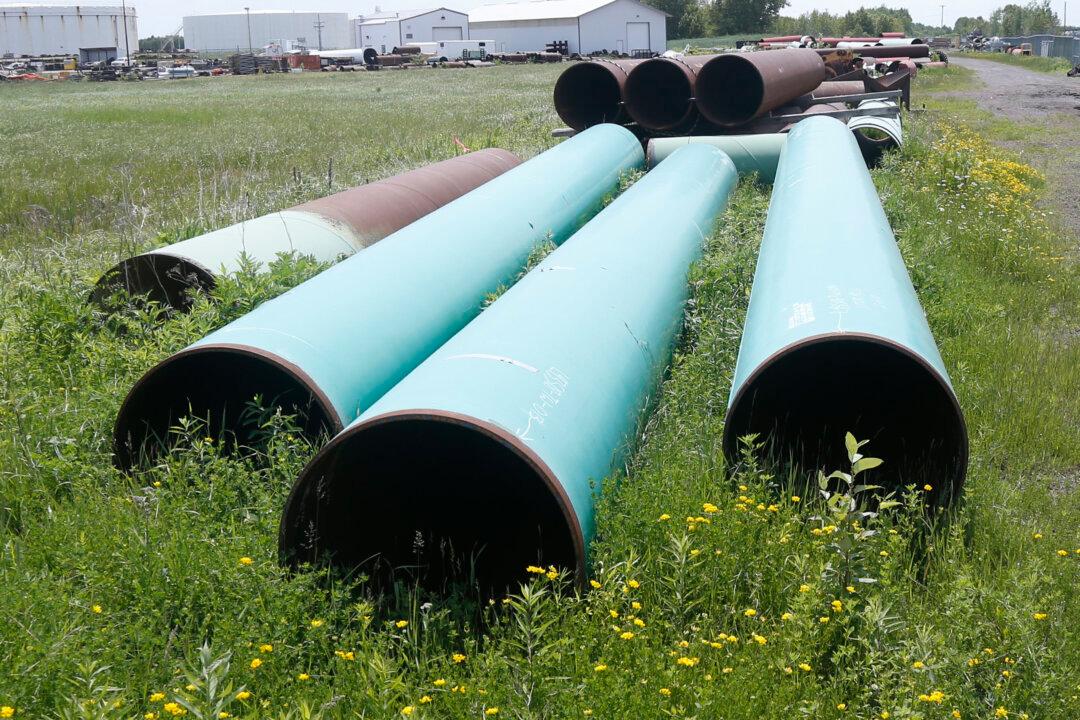It’s not often that the regulated, the regulators, and regulatory watchdogs agree that more federal oversight is needed to boost an industry, but that rare accord surfaced in a two-hour hearing on pipeline safety before a Senate Commerce, Science & Transportation subcommittee on May 15.
Of course, pipeline operators and independent monitors, including those concerned with carbon dioxide and methane emissions, didn’t agree on what increased federal engagement should be, but all concurred that regulations must be updated and better enforced.





